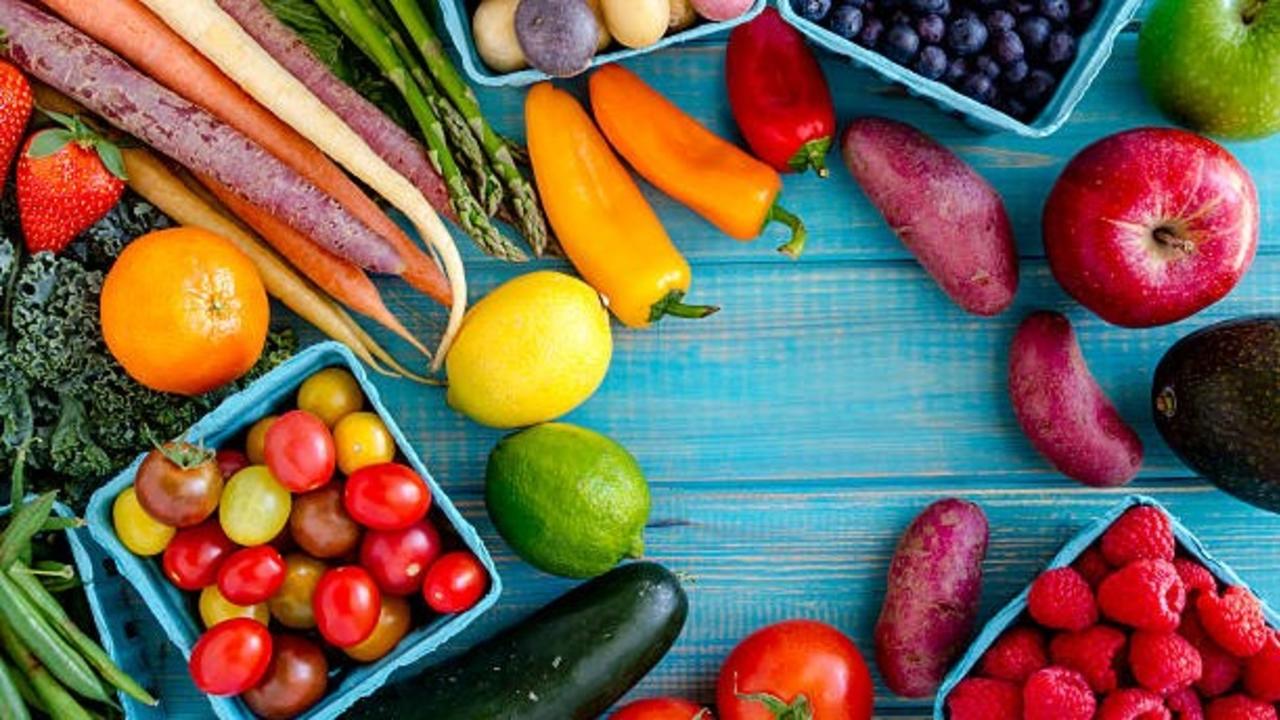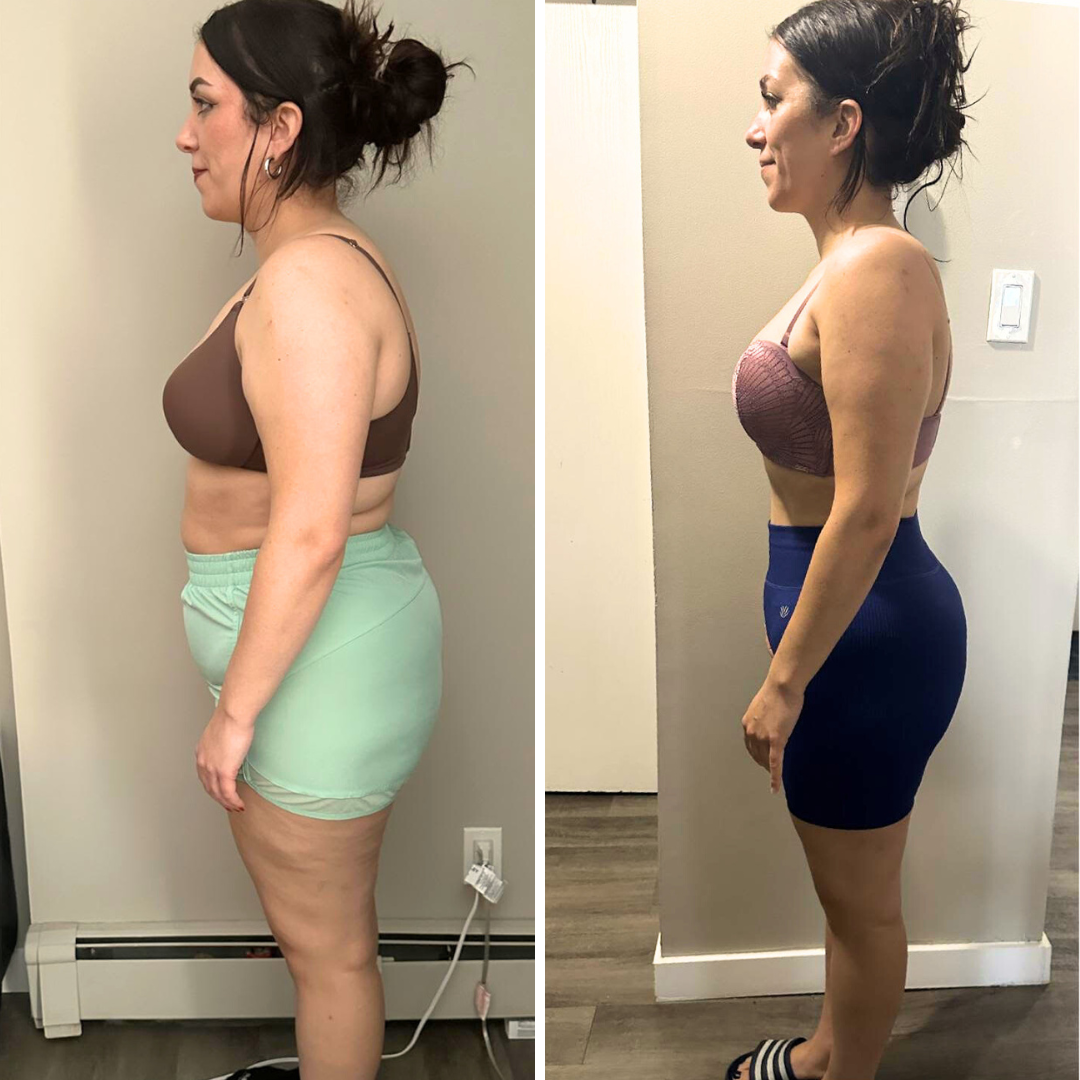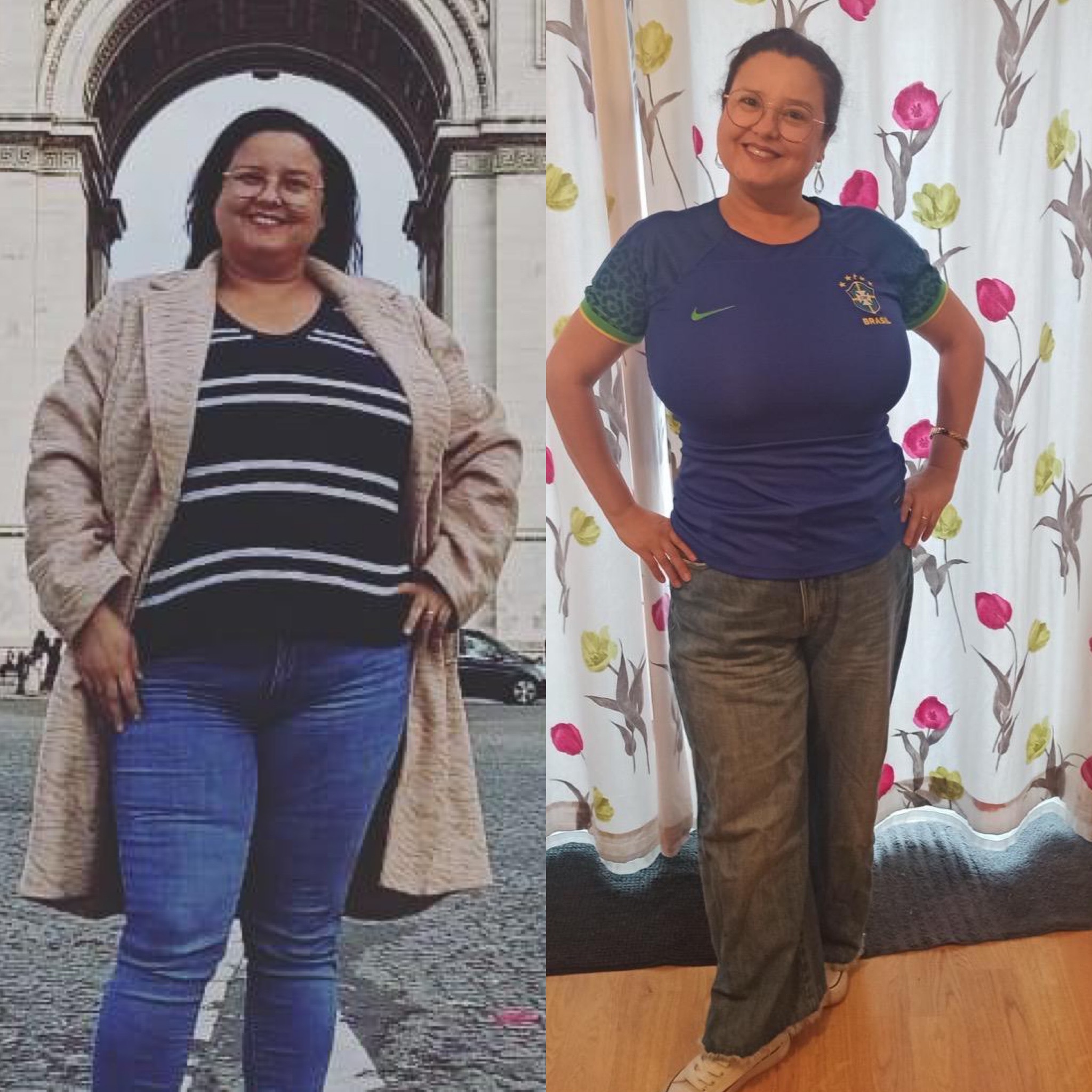Vegan Diet: How Does It Work?

Vegan diet: how does it work?
A vegan diet comes from the philosophy of veganism, so let’s understand what veganism means.
What is veganism?
Veganism is a lifestyle and ethical choice, aimed at minimizing animal exploitation and cruelty. For this reason, the vegan diet is a plant-based diet, free of all animal foods such as meat, dairy, eggs, and honey.
People who adopt veganism in their lives can enjoy a varied and nutritionally rich diet and nothing monotonous as some might perceive. Vegans eat any type of plant food origin, such as cereals, fruits, vegetables, tubers, vegetables, roots, mushrooms, and seeds, among others and the inclusion of different foods ensures a different range of nutrients.
Many people confuse a vegan diet with a vegetarian diet, know the main differences:
- Ovo-Lacto-vegetarian: it does not eat meat, but it consumes foods of animal origin (milk, eggs, and honey, for example).
- Lacto-vegetarian: it does not eat meats and eggs, including products that use eggs as an ingredient. But include dairy.
- Strict vegetarian: DO NOT EAT anything that is of animal origin.
- Vegan: DO NOT CONSUME anything that is of animal origin, either in food, clothing or other aspects of life.
Compared to vegetarian diets, vegan diets generally tend to contain less saturated fat and cholesterol, and more dietary fibre. These factors can contribute to lower body weight, lower cholesterol and lower blood pressure which reduces the risk of cardiovascular disease.
A well-planned vegan diet can supply most of the nutritional needs of vegans through the intake of vegetables and can supply all the necessary protein through beans, lentils, nuts, and seeds, among others. Protein for vegans is one of the main areas that we notice in the clinic that needs to be adjusted when a vegan person comes to the clinic for a personalised vegan diet. Usually, the protein content is very low when not monitored properly. To know if the vegan diet is well-balanced, the vegan needs to follow a nutritional approach with a vegan nutritionist who can adapt the diet and can supply all nutritional demands.
On the other hand, there are some disadvantages of being a vegan, such as the lack of certain nutrients found only on animal foods, limited options for supplements and medicines and gastro discomfort as many vegan foods can worsen symptoms such as Irritable Bowel Syndrome. The advantages of being a vegan were listed above and we showed that it can be a healthy life choice.
It is recommended that vegans take regular laboratory tests to evaluate the deficiency of some vitamins, which may require the ingestion of fortified foods or supplementation.
At Raquel Britzke Clinic in London, we have specialised nutritionists to help vegans and vegetarians and we conduct blood tests to assess the deficiency of key vitamins. Before deciding to change consider the vegan diet’s advantages and disadvantages. If you are a vegan or vegetarian or you want to make the transition to become one, seek professional help and enjoy healthy and well-balanced meals tailored for you. Find out more here.
Get an action plan with a Free Assessment!
Get personalized insights to enhance your well-being and achieve your goals. In this 15-minute video call, we will listen to you and guide you on what you need to do.
Schedule Your Free AssessmentRecent blogs







